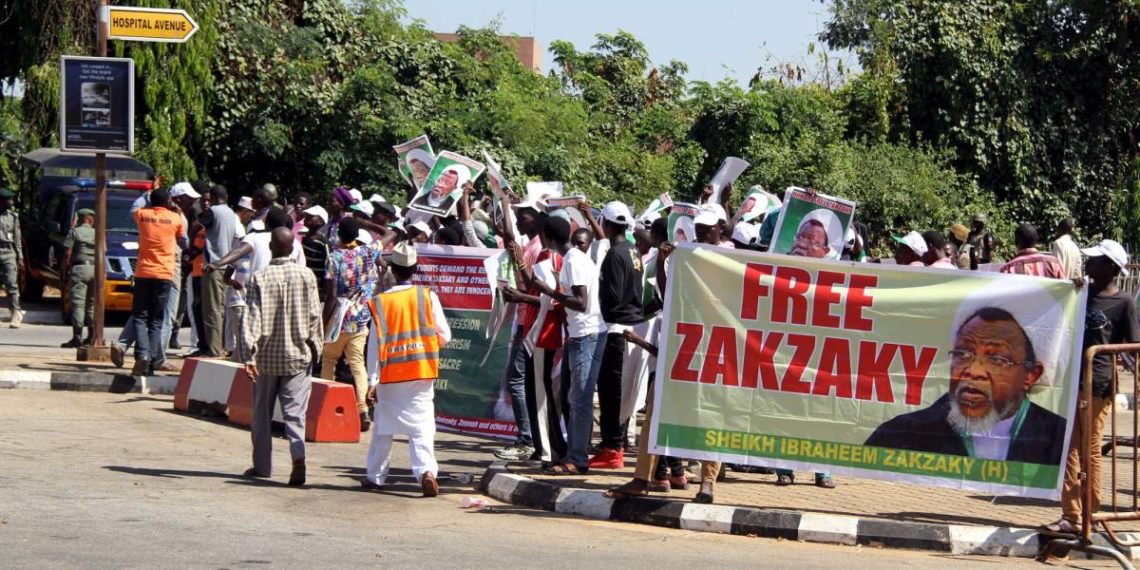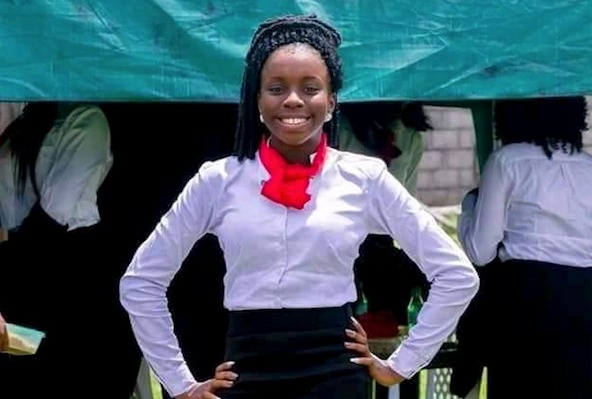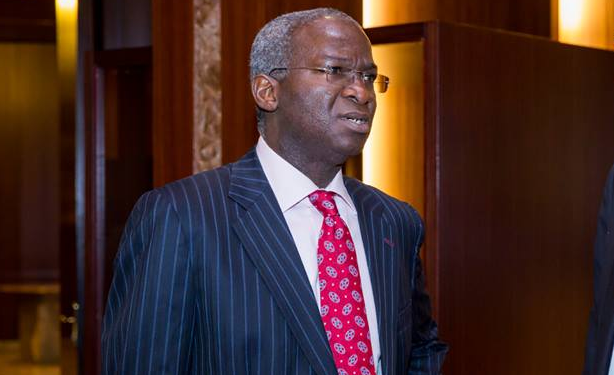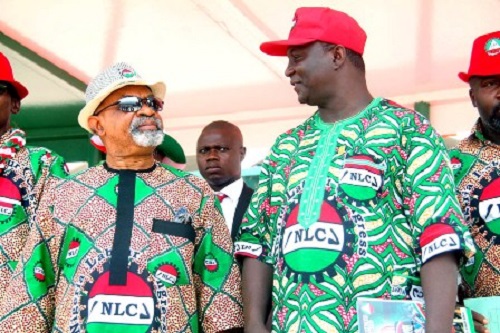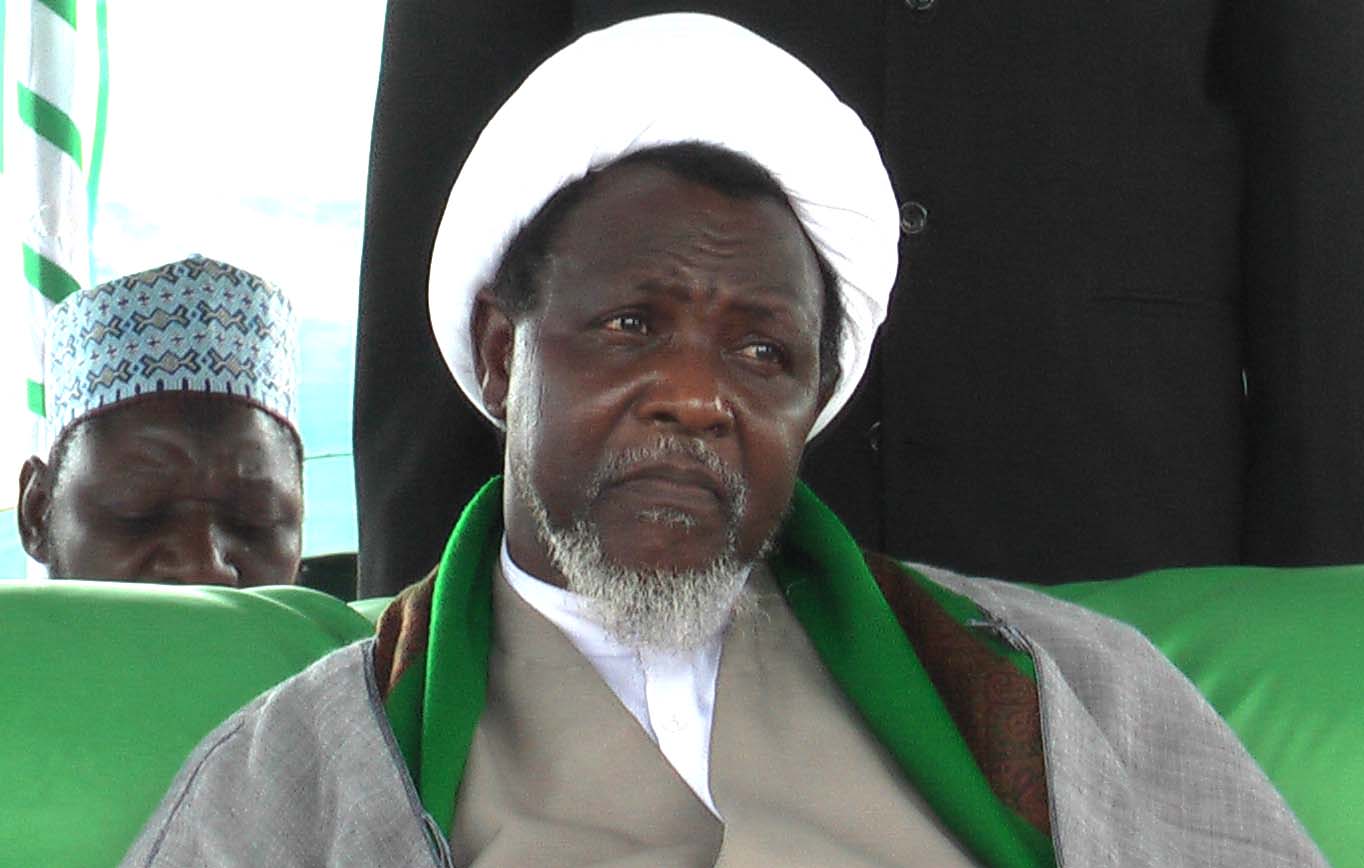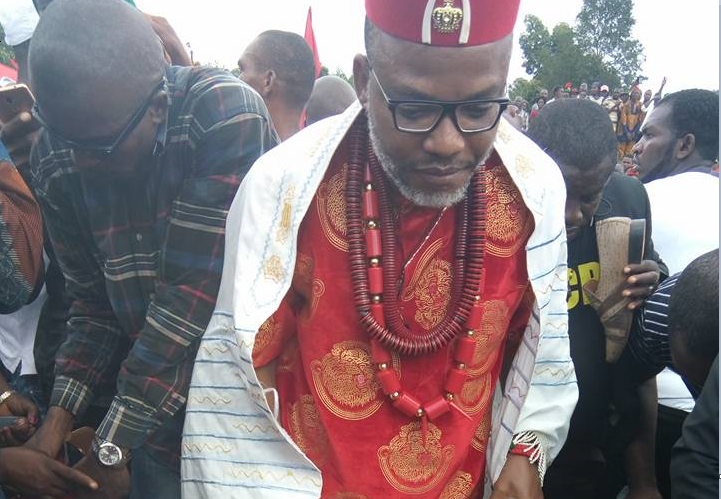When youth corps member Precious Owolabi and Deputy Commissioner of Police Usman Umar were felled by protest-ground bullets, we thought we had seen the anticlimax to last week’s clashes between the Islamic Movement of Nigerian (IMN) and security agents. Speaking in tangible terms, we were probably right.
A budding journalist still trying to make sense of his profession and a senior force man well into his represent Nigeria’s future and the present, and perfectly capture the crudeness with which the government’s security miscalculations threatens to ruin the country’s peace and stability. But in intangible terms, the real anticlimax is the government’s success in convincing a federal high court in Abuja to proscribe the IMN and declare it a terrorist organistion. Relying on the Terrorism (Prevention) Act 2011, protesting Shi’ites will be arrested and jailed for varying numbers of years. This will spark more protests. There will be more bloodshed, too.
It doesn’t help much, to be honest, but it is certainly gratifying to note that this government is at least noticing its own previous mistakes. In September 2017, when it was going to proscribe the Indigenous People of Biafra (IPOB), the military was the vehicle. “After due professional analysis”, Major-General John Enenche, the then Director of Defence Information, had announced the declaration of IPOB as a “militant terrorist organisation”. This was hugely embarrassing, as the announcement was made in ignorance of the provisions of the Terrorism Act that only a High Court judge — on the advice of the National Security Adviser, the Inspector-General of Police or the Attorney-General of the Federation — could declare an organisation terrorist, and such notice must be published in the official gazette and two national dailies. Any such embarrassment has been avoided this time, but what would Shi’ites be telling themselves since learning of the proscription on Friday? With apologies to Fela, they would be singing ‘this proscription will bring out the beast in us’.
The longevity of the four-year-old faceoff between Shi’ites and security agents has been enabled by government’s misuse of force or executive powers at every crucial phase. Could Shi’ites have accorded more respect to Chief of Army Staff Tukur Buratai’s convoy in 2015? Absolutely. But did it warrant the killing of hundreds of Shi’ites? Justice Gabriel kolawole’s order for the release of Sheikh Ibraheem el-Zakzaky and his wife Zeenatudeen in December 2016 was yet another missed opportunity by the Muhammadu Buhari government. Buhari’s disregard for the courts was the tipping point for the commencement of protests that gulp a few lives every now and then. By the accounts of journalists who have covered the clashes, policemen and soldiers are usually the instigators of violence, often opting to break up protesters or restrict them to certain locations rather than allowing them march to wherever they can be addressed by a high-ranking government official.
Advertisement
Evidences abound. For instance, in October 2018, after days of indiscriminately firing live bullets at stone-throwing protesting Shi’ites, the Army defended its actions by shamefully tweeting a Donald Trump video equating stones to firearms. There are worthy examples elsewhere but the Army just wouldn’t see. On Saturday for instance, there were mass a massive protest in Yuen Long, a rural town in Hong Kong, over an attack by 100 armed, masked white-shirted men targeting black-clad protesters at a train station last week, which left 45 injured. In their tens of thousands, the hardline protesters threw rocks and bottles at policemen, who did not fire a single live bullet all through. Instead, they shielded themselves from the protesters, firing only rubber bullets, teargas and pepper spray. This particular protest was a spin-off from the major series against the Fugitive Offenders and Mutual Legal Assistance in Criminal Matters Legislation (Amendment) Bill proposed by the Hong Kong government, which has been ongoing since March 31 and has attracted roughly 1.5million participants but has resulted in only five deaths — all by suicide. It’s been three months and four weeks of sporadic protests yet not one person has been taken down by the Police’s bullets. By contrast, in just one day in December 2015, the Army killed at least 347 Shi’ites.
Shi’ites have a reputation for being overbearing. Their processions are annoying and infamous for lengthy hours of impeding human and vehicular movement. I once witnessed a Shi’ia procession in Kaduna and it didn’t come without its trademark disruption to the schedules of non-Shi’ites. Still, they’re victims — victims of this government’s disregard for judicial processes and the Military’s unchecked use of might. Proscribing the group is oppression taken too far. It emboldens the Army and the Police to spearhead the arrest, trial and jailing of Shi’ia members demanding the release of their leader but ultimately proves this administration hasn’t learnt from similar mistakes of its predecessors. The Army and the Police thought they could wipe off Boko Haram by killing Yusuf Mohammed, its leader, in July 2009, but that singular action sparked a rebellion that culminated in the group’s first-ever terrorist attack six months later. Ten years on, the insurgency is still raging. Only two days ago, Boko Haram killed at least 65 persons at a village near Maiduguri, capital of Borno. Keeping El-Zakzaky and his wife in Department of State Services (DSS) custody, even in their ill-health, is the one final flame needed to ignite the potential of Shi’ites to elevate their activism to proper terrorism.
In case Buhari has not observed, Shi’ites have no problem with dying. Martyrdom is no big deal to them. Their conduct so far evinces their preparedness to die for their leader. The protests have lasted more than two years and will continue regardless of the killings unless Zakzaky is freed. Therefore, the safest decision for all would be for the Buhari government to allow Zakzaky enjoy bail while answering to the charges preferred against him. Contrary to what anyone may think, this wouldn’t amount to victory for the Shi’ites. It would instead be victory for peace — for good reasoning, for the independence of the judiciary. No point holding on to him in the name of “their criminal behaviour… will not be tolerated by any responsible government”. Or what shall it profit a government to gain his ego and lose its citizens?
Advertisement
Soyombo, former Editor of the TheCable, the International Centre for Investigative Reporting (ICIR) and SaharaReporters, tweets @fisayosoyombo

